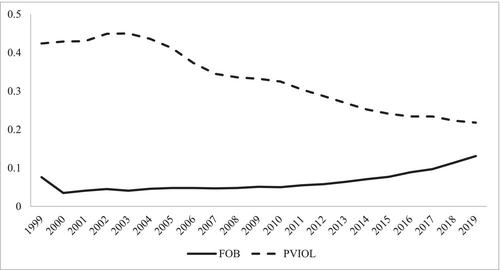We examine the role of board gender diversity in attenuating loan covenant violations. We also investigate whether the relationship is influenced by female independent directors. Finally, we examine the channels of this relationship.
Drawing on gender socialization and diversity theories, our findings show that firms with gender-diverse boards are less likely to violate loan covenants. We also find that boards with more female directors have a stronger impact on loan covenant violations than those with fewer female directors, consistent with critical mass theory. Our results also suggest that the negative relationship stems from female independent directors rather than from female executive directors. Our channel analyses indicate that the relationship is routed through covenant strictness, the financial performance of firms, and better corporate governance. Our further analysis demonstrates that the relationship is pronounced in female-dominated industries and financially distressed firms, as well as in firms whose directors have greater experience. Our results are robust across a series of sensitivity and endogeneity tests.
We contribute to an emerging strand of literature that examines the link between board gender diversity and loan covenants. We fill a gap in this stream of literature by providing the first empirical evidence that female directors in the boardroom reduce loan covenant violations through their greater integrative bargaining skills during loan deals, improving firm financial performance, and ensuring good corporate governance. Our study also contributes to the growing literature on the differential effects on corporate policies of female directors (independent and executive) and critical mass.
This finding offers significant policy implications for managers, investors, and policymakers. Given the growing frequency of loan covenant violations, the presence of a gender-diverse board should serve as a potent indicator to creditors who have a concern regarding loans. In addition, our study adds to the ongoing debate regarding the business case of board gender diversity.


